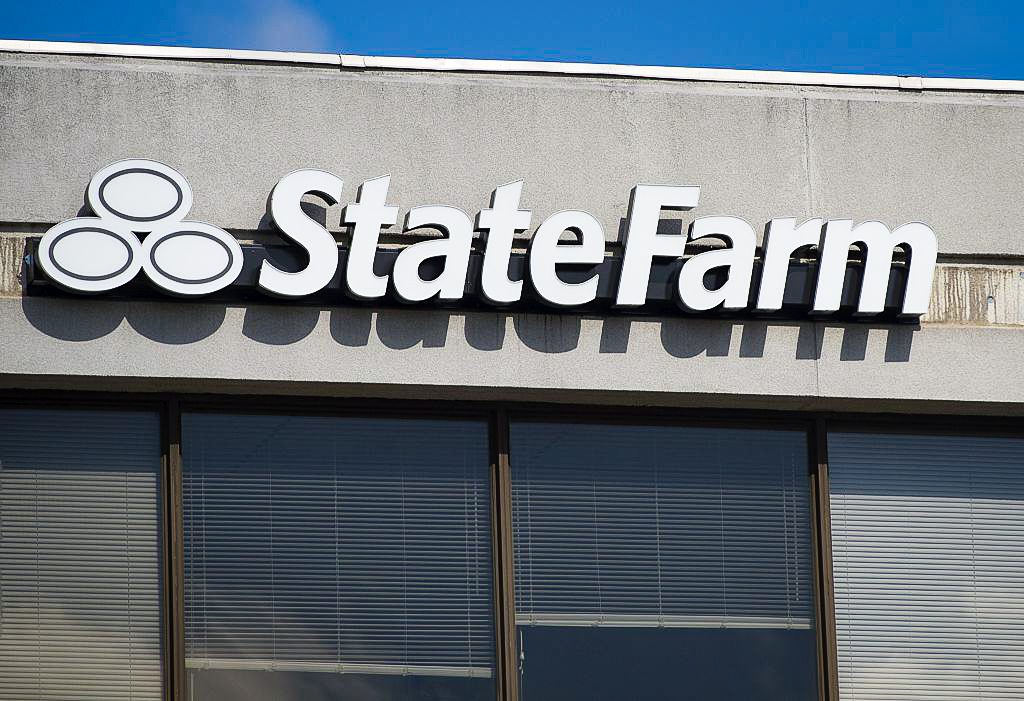With the state facing what some are calling an insurance availability crisis, industry leader State Farm announced March 20 that it will not renew about 72,000 policies across California.
“State Farm General Insurance Company ... is working to ensure its long-term sustainability in California,” the company said in a press release announcing the plan. “In doing so, [the company] has had to make some difficult but necessary decisions that will impact a portion of our California policyholders.”
Approximately 30,000 homes, rental units, and other dwellings will be impacted along with approximately 42,000 commercial apartment policies. The insurer said it is withdrawing completely from the latter. The total impact represents about 2 percent of the company’s business in California, according to the press release.
State Farm is the largest insurer by market share in the state, with more than $7.8 billion in premiums written in 2022, according to the most recent data from the state’s Department of Insurance. The company incurred nearly $6 billion in losses during the same year.
Non-renewals will start July 3 for homeowners and others while those for commercial apartment policies will occur on a rolling basis starting in August. Affected customers will be notified by insurance agents in the coming weeks, according to the company’s press release.
Outdated regulations and a difficult business environment in California contributed to the decision, according to the statement, with the insurer citing its responsibility to protect the company’s assets.
“This decision was not made lightly and only after careful analysis of State Farm General’s financial health,” the company said. “State Farm General takes seriously our responsibility to maintain adequate claims-paying capacity for our customers and to comply with applicable financial solvency laws. It is necessary to take these actions now.”
Recognizing some of the challenges facing the industry, the state’s insurance commissioner has proposed changes to regulations that could help insurers raise rates to match increased risk. The company said it looks forward to working with the governor and the insurance department to identify solutions.
State Farm announced last May that it was no longer writing new policies due to “historic increases in construction costs outpacing inflation, rapidly growing catastrophe exposure, and a challenging reinsurance market.”
Reinsurance—the insurance insurers purchase to cover losses—is an issue multiple insurers have argued for, saying their rising costs of doing business are not being recouped by rates because of state regulations.
Ricardo Lara, the state’s insurance commissioner, announced late last year a plan to amend regulations and address such concerns, but the proposals are still under consideration by the Legislature and commission.
While regulators debate solutions, dozens of insurance companies have paused writing policies or taken their business away from California in recent years. In addition to State Farm, Allstate and Hartford both pulled out, among others.
Seven of the top 12 insurers left the California market in some fashion in 2023, according to insurance department data.
As insurers flee, the California FAIR plan—meant to be an insurer of last resort but that has become the only option for many homeowners—is overburdened by high demand.
Some families forced onto the plan say the rates are negatively affecting their budgets.
Several homeowners told The Epoch Times that after losing their insurance with traditional companies, they now pay tens of thousands of dollars more per year for less coverage with the FAIR plan.
During insurance committee hearings earlier this year, lawmakers expressed concern about the lack of insurance options and asked the commissioner to act swiftly.
He agreed that change is needed to bring relief to Californians.
“Our insurance market is at a crossroads,” Mr. Lara said. “For many Californians, this is an insurance emergency.”














